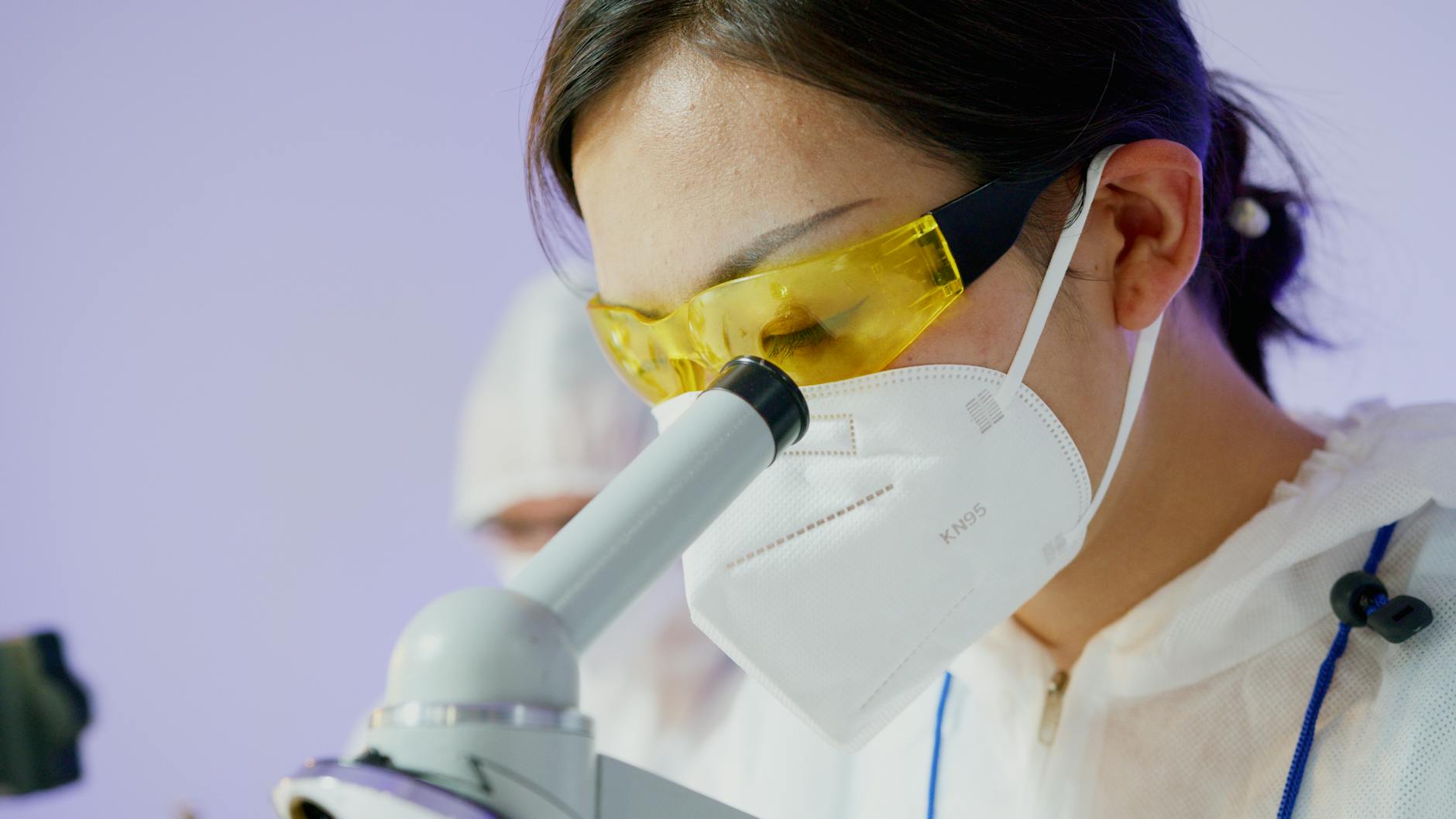Examining Environmental Narratives Through Poetry: A Look at Karen Solie’s “Wellwater”
A review of “Wellwater” by Karen Solie, exploring its themes of human impact on landscapes.
Canadian poet Karen Solie’s latest collection, Wellwater, offers a contemporary examination of the natural world and humanity’s relationship with it. The collection, as reviewed by The Guardian, delves into what the review describes as “landscapes in distress” and “human-made hazard and harm.” This review aims to provide a balanced perspective on the themes presented in Solie’s work, drawing on the provided source material.
Solie’s Saskatchewan Roots and Shifting Landscapes
Born in Moose Jaw, Saskatchewan, a region known for its extensive prairies and agricultural output, Solie’s poetry in Wellwater reportedly reflects on the changes occurring in these familiar landscapes. The review highlights the poem “Red Spring,” where Solie observes what are described as “weeds jump up unbidden, each year a little smarter.” This imagery, according to the review, is linked to a critique of what Solie terms “zombie technology” and genetically modified seeds, characterized as producing “more dead than alive” plants.
Interpreting “Raw Candour” and “Landscapes Refusing to Be Tamed”
The descriptive phrase “raw candour” suggests a direct and unflinching approach to subject matter within Wellwater. The collection reportedly challenges conventional notions of framed landscapes, which often imply control and containment. Instead, Solie appears to focus on “contemporary landscapes refusing to be tamed.” This perspective invites contemplation on the resilience of nature and the limitations of human efforts to manage or dominate it. The review frames this as a celebration of untamed elements within the environment.
Contextualizing the Critique of Agricultural Technology
Solie’s commentary on “zombie technology” and genetically modified seeds points towards a critical engagement with modern agricultural practices. The description of these seeds as producing plants that are “more dead than alive” is a potent metaphor used by the poet to convey a sense of unnaturalness or diminishment. This aspect of the collection invites discussion on the long-term ecological implications of such technologies and the potential impact on biodiversity and the inherent vitality of plant life. It is important to note that such artistic interpretations offer a particular lens through which to view complex scientific and agricultural developments.
Broader Implications and Artistic Expression
The collection Wellwater, by cataloguing humanity’s impact on the natural world, contributes to an ongoing cultural conversation about environmental stewardship and the consequences of human activity. Poetry, as a medium, can offer unique ways to process and communicate complex emotions and observations about the environment. Solie’s work, as characterized by the review, uses vivid imagery and direct language to convey a sense of concern for the ecological state of landscapes. This artistic approach can encourage readers to consider their own relationship with the natural world and the broader implications of societal practices.
Understanding the Source Review
The provided source is a review from The Guardian, a publication with a stated editorial stance. The review uses descriptive and evocative language to characterize Solie’s poetry. Phrases such as “blazingly honest,” “wildly unpredictable,” and “human-made hazard and harm” indicate the reviewer’s interpretation of the collection’s tone and content. It is beneficial to recognize that literary reviews inherently involve subjective interpretation and analysis, aiming to convey the reviewer’s experience of the work.
Key Themes and Considerations
- Wellwater by Karen Solie explores the impact of human activity on natural landscapes.
- The collection reportedly critiques modern agricultural technologies, including genetically modified seeds.
- Solie’s poetry is described as capturing landscapes in a state of “distress” with “raw candour.”
- The work appears to focus on the untamed aspects of contemporary environments.
- Poetry serves as a medium for artistic reflection on environmental concerns.
For readers interested in exploring Karen Solie’s work, the collection Wellwater is available through various booksellers. Further context on the agricultural technologies mentioned can be sought from scientific and governmental organizations.


























